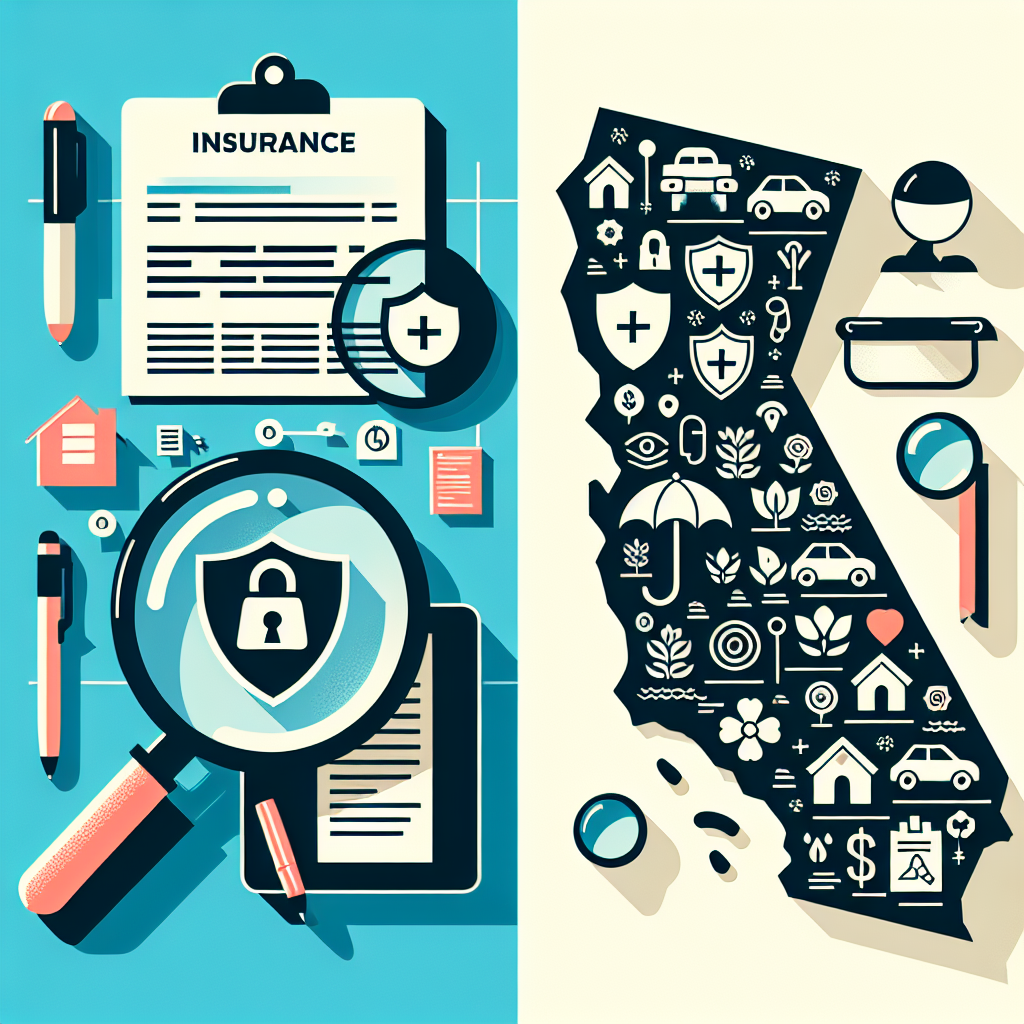Filed under Business Insurance on
California Insurance Business Card Rules Explained

Navigating the world of insurance in California involves understanding a labyrinth of regulations and compliance standards, particularly when it comes to marketing materials like business cards. Business cards may seem like a minor detail, yet they play a crucial role in conveying professionalism and building trust in the insurance industry. They must adhere to specific rules set by California law to ensure consumers receive accurate and reliable information. In this article, we delve into the intricacies of the California insurance business card rules and explore how insurance professionals can align their marketing materials with legal requirements.
Understanding California Insurance Business Card Rules
The state of California requires insurance agents to follow stringent guidelines when designing and distributing business cards. These rules aim to protect consumers by ensuring transparency and credibility in the information presented. In essence, insurance business cards should provide clear and truthful representations of the services offered, preventing any misleading or deceptive practices.
The Necessity of Accurate Representation
One of the primary California insurance business card rules involves the accurate representation of an agent’s credentials and services. The business card must include the agent's name, official designation, and the types of insurance products they are licensed to sell. Misrepresenting one's qualifications or offering services outside the scope of their license can lead to severe penalties.
Displaying Licensing Information
California mandates that insurance business cards display the license number assigned to the agent by the Department of Insurance. This number serves as a confirmation of the agent’s authority to practice and offers clients a way to verify the agent’s legitimacy. Inclusion of the license number builds trust with potential clients by promoting transparency and accountability.
Essential Elements to Include on Your Business Card
To craft a compliant and effective insurance business card, agents must incorporate several key elements. These ensure that the cards meet California's legal standards while effectively communicating the agent’s professional identity.
Name and Professional Title
Your name and a clear professional title are foundational components. The professional title should accurately reflect your role within the insurance field, such as “Licensed Insurance Agent” or “Insurance Broker.” This element enforces honesty about your qualifications and role.
License Number
As previously mentioned, including your California insurance license number is not only a regulatory requirement but also an assurance of your professional credibility. Situated prominently on your card, it acts as a safeguard for consumers seeking to validate your credentials.
Types of Insurance Offered
Detailing the specific types of insurance you offer, whether it's auto, home, life, or health insurance, helps potential clients understand your expertise. This information prevents any confusion and sets clear expectations regarding the services available from you.
Contact Information
Comprehensive contact information is essential. This includes your business phone number, email address, and physical office location. Providing multiple ways to reach you enhances customer trust and extends professional accessibility.
Avoiding Common Mistakes
When designing insurance business cards, certain pitfalls can lead to non-compliance with California’s regulations. Awareness of these common mistakes helps ensure that your business cards meet all necessary standards and protect your professional reputation.
Misleading Titles and Claims
Using prestigious titles or claims unearned by your licensing or experience can mislead clients and violate California’s strict standards. Be sure that all descriptions of your role and capabilities align with your actual qualifications and licenses.
Failure to Update Information
Business cards should be periodically reviewed and updated to reflect any changes in your contact details, licensing status, or the scope of services offered. Outdated cards can result in misinformation and weaken client trust.
Overcrowding with Information
While it’s important to provide adequate details, overloading the card with excessive information can diminish readability. Prioritize essential information and maintain a clean, professional design.
Expert Opinions on Business Card Best Practices
In the contemporary marketplace, many industry experts emphasize the significance of well-designed business cards as a tool for networking and brand positioning. For insurance professionals, this small piece of cardstock represents more than a contact method; it's a testament to their reliability and expertise.
Focus on Professionalism and Clarity
Industry experts suggest that while creativity in design is encouraged, it should never come at the expense of clarity and professionalism. Business cards should use easy-to-read fonts, appealing layouts, and colors that reflect the brand's identity, all while adhering to California insurance business card rules.
The Shift to Digital Cards
With growing technology trends, experts forecast an increase in digital business cards that supplement traditional cards. These eco-friendly options allow for greater interaction and instant updates, but they must still comply with all California regulations to ensure the same level of trust as physical cards.
Conclusion: Crafting Compliant and Compelling Business Cards
California insurance business card rules are designed to foster transparency and build trust between consumers and insurance professionals. By understanding and applying these rules, insurance agents can create business cards that not only comply with legal standards but also project their authority and professionalism within the industry.
By focusing on accurate representation, including essential elements, avoiding common mistakes, and considering expert opinions, insurance professionals will be well-prepared to utilize their business cards as effective networking tools. Compliant business cards are more than a formality; they are a cornerstone of effective client communication and trust-building in California's dynamic insurance landscape.





